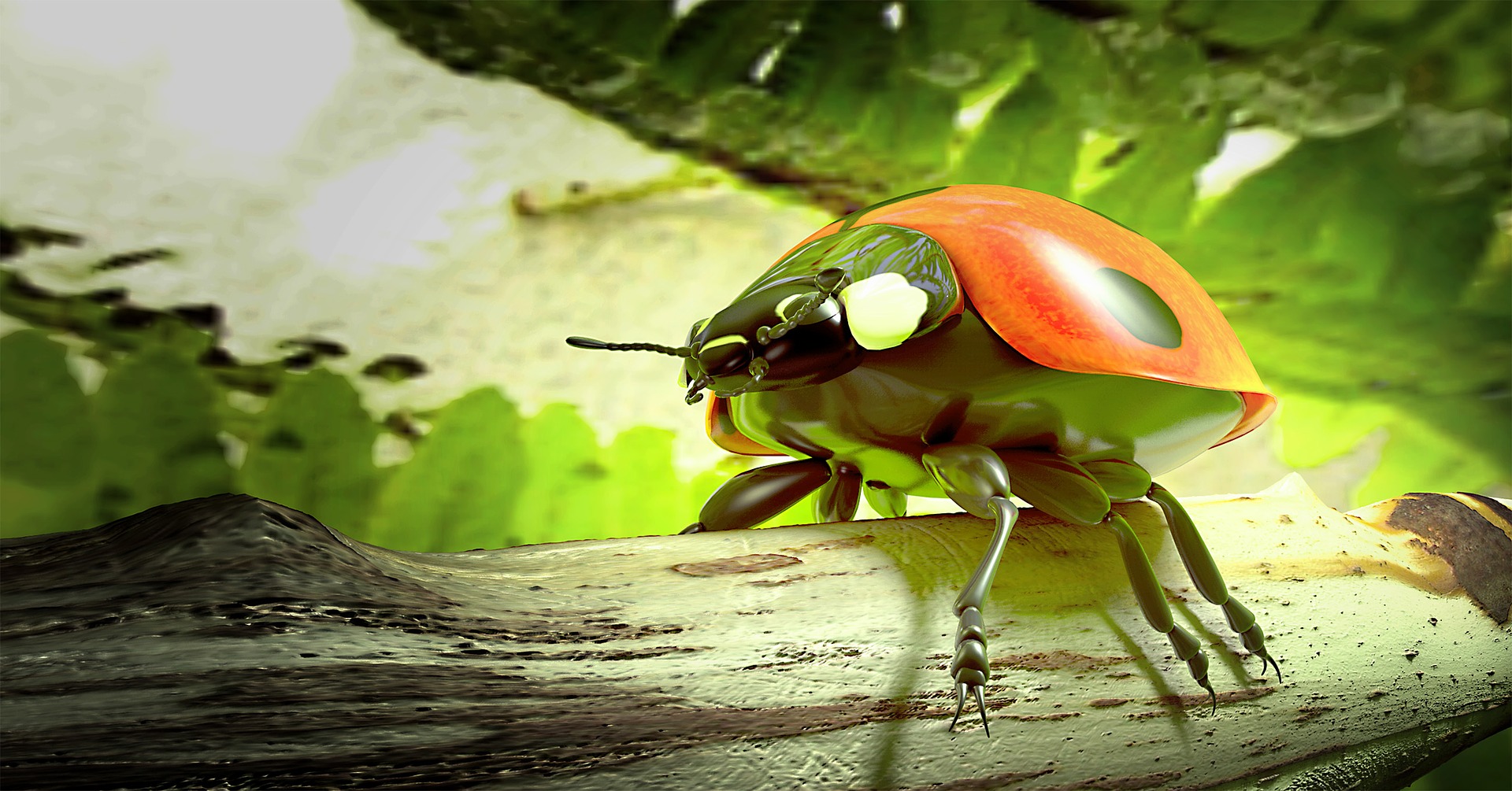Note : This page has been translated into English from French by a machine translation tool
3D… a matter for professionals, enthusiasts or both. If you want to practice 3D for pleasure or to make it your profession, there are a handful of essential tools that you need to know and master in order to really enjoy yourself and why not make sure you have a presence in this field. Just like Autodesk 3DS MAX, Maya is one of them. Let’s see what it’s all about…
A brief reminder about 3D. It is an extremely vast domain but what will interest us here in order to describe the functionalities of Autodesk Maya is the one which is rather addressed to the cinema including the animation cinema as well as to the video games. As its name indicates it, 3D gathers here the steps of three-dimensional shaping, movement and application of texture and light effects in order to respectively create objects, characters or environments, to animate them and finally to give them a visual aspect as realistic as possible.
Maya is a 3D modeling, animation and rendering software created in 1998 and developed by Alias System Corporation, owned by Autodesk since the mid-2000s. It is available as an individual license for your computer and what it runs under Windows, macOS or Linux. Maya is also part of Autodesk’s Media and Entertainment Collection software suite (see our Autodesk Software suites article for more information).
Autodesk Maya thus enables you to shape objects, 3D characters and environments thanks to numerous modeling tools. It then allows you to put them in motion thanks to integrated animation tools. The management of the animations is done in particular thanks to the presence of a temporal editor. Finally, it gives you the possibility to manage your characters, environments and the way they are lit thanks to the Arnold rendering engine (see our article Arnold 3D rendering engine to learn more) integrated to Maya. You then have access to high quality real-time previews to evaluate the final rendering of your creations thanks to Arnold RenderView.
But we have a complex natural environment and depending on the projects you will want to implement you will need more specific tools to represent natural structures and elaborate animations. So Maya recently integrates a visual programming environment called Bifrost for Maya to meet this need. This tool allows you to add in your scenes simulations of fire, smoke or explosions. In addition to gaseous simulations, this tool allows you to use graphics already created to integrate other types of materials such as snow, sand or mud. You will also be able to create fluids such as water for example and give them a very realistic visual aspect whether it is their texture or their movement in space.
There would be a lot to say about a tool like this one which allows, contrary to some more specialized software, to design almost everything you want, to animate it but also to generate the rendering and this through a single tool. Maya hides behind many cinematographic and video game productions and it is not by chance…









… [Trackback]
[…] Find More Info here to that Topic: soft-hardware.fr/en/autodesk-maya-en/ […]
… [Trackback]
[…] Read More here on that Topic: soft-hardware.fr/en/autodesk-maya-en/ […]
… [Trackback]
[…] Find More on to that Topic: soft-hardware.fr/en/autodesk-maya-en/ […]
… [Trackback]
[…] Find More Information here to that Topic: soft-hardware.fr/en/autodesk-maya-en/ […]
… [Trackback]
[…] Read More here to that Topic: soft-hardware.fr/en/autodesk-maya-en/ […]
… [Trackback]
[…] Find More on that Topic: soft-hardware.fr/en/autodesk-maya-en/ […]
… [Trackback]
[…] Read More on to that Topic: soft-hardware.fr/en/autodesk-maya-en/ […]
… [Trackback]
[…] Read More on to that Topic: soft-hardware.fr/en/autodesk-maya-en/ […]
… [Trackback]
[…] There you will find 48086 additional Information on that Topic: soft-hardware.fr/en/autodesk-maya-en/ […]
… [Trackback]
[…] There you will find 75291 additional Information to that Topic: soft-hardware.fr/en/autodesk-maya-en/ […]
… [Trackback]
[…] Find More on that Topic: soft-hardware.fr/en/autodesk-maya-en/ […]
… [Trackback]
[…] Find More on on that Topic: soft-hardware.fr/en/autodesk-maya-en/ […]
… [Trackback]
[…] There you can find 62434 additional Information to that Topic: soft-hardware.fr/en/autodesk-maya-en/ […]
… [Trackback]
[…] Info to that Topic: soft-hardware.fr/en/autodesk-maya-en/ […]
… [Trackback]
[…] Here you can find 16200 more Information to that Topic: soft-hardware.fr/en/autodesk-maya-en/ […]
… [Trackback]
[…] Info to that Topic: soft-hardware.fr/en/autodesk-maya-en/ […]
… [Trackback]
[…] Here you will find 27138 more Info to that Topic: soft-hardware.fr/en/autodesk-maya-en/ […]
… [Trackback]
[…] Read More on that Topic: soft-hardware.fr/en/autodesk-maya-en/ […]
… [Trackback]
[…] Read More here to that Topic: soft-hardware.fr/en/autodesk-maya-en/ […]
… [Trackback]
[…] Find More here on that Topic: soft-hardware.fr/en/autodesk-maya-en/ […]
… [Trackback]
[…] Read More Information here on that Topic: soft-hardware.fr/en/autodesk-maya-en/ […]
… [Trackback]
[…] Find More on to that Topic: soft-hardware.fr/en/autodesk-maya-en/ […]
… [Trackback]
[…] Info on that Topic: soft-hardware.fr/en/autodesk-maya-en/ […]
… [Trackback]
[…] Find More Information here to that Topic: soft-hardware.fr/en/autodesk-maya-en/ […]
… [Trackback]
[…] Find More to that Topic: soft-hardware.fr/en/autodesk-maya-en/ […]
… [Trackback]
[…] Read More Information here to that Topic: soft-hardware.fr/en/autodesk-maya-en/ […]
… [Trackback]
[…] Read More on to that Topic: soft-hardware.fr/en/autodesk-maya-en/ […]
… [Trackback]
[…] Find More on that Topic: soft-hardware.fr/en/autodesk-maya-en/ […]
Thank you very much for sharing, I learned a lot from your article. Very cool. Thanks. nimabi
Your article made me suddenly realize that I am writing a thesis on gate.io. After reading your article, I have a different way of thinking, thank you. However, I still have some doubts, can you help me? Thanks.